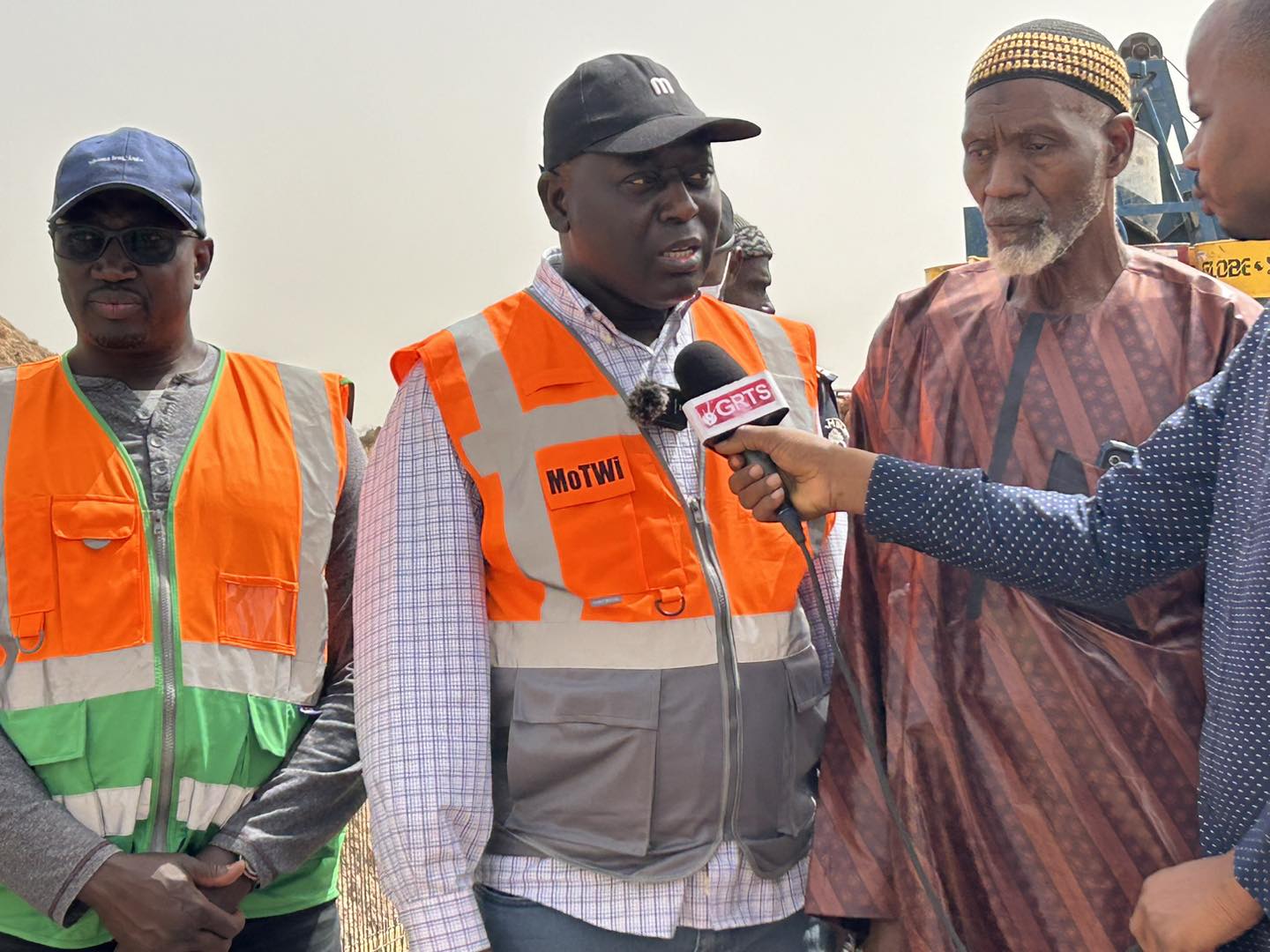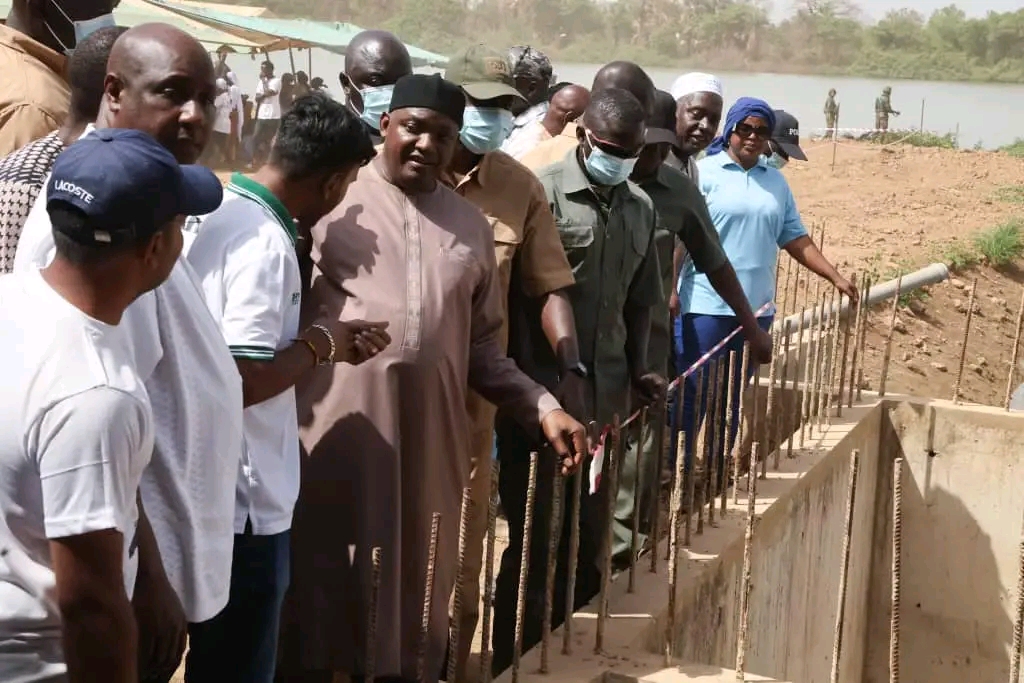FROM DATA TO IMPACT: THE DIGITAL TRANSFORMATION OF THE GAMBIA’S SOCIAL REGISTRY
In a concerted effort to address social issues and provide targeted assistance to vulnerable families, the National Social Protection Secretariat in The Gambia has implemented a comprehensive social registry system. This innovative approach harnesses the power of data to identify and support those in need, ensuring that assistance is directed where it is needed most.The National Social Protection Secretariate is the custodian of the Registry under the authority of the National Coordinator, it serves as a dynamic database containing valuable information about households across the country. Its primary goal is to identify vulnerable families and individuals, allowing for more precise and effective social interventions.The Gambia Bureau of Statistics handles the data collection, it is responsible for garnering data and supervising the process, this meticulous approach aims to create a reliable and up-to-date Social Registry, serving as a valuable resource for social service providers and policymakers.‘The data collection for The Gambia Social Registry follows a census approach – covers all households in the areas we have covered. The exercise is led by The Gambia Bureau of Statistics. The First phase covered 30 districts initially and then 6 additional districts (36 in total). The second phase covered 4 districts All Regions (URR, CRR, NBR, LRR, and WCR) are covered now; only KM and Banjul are left.’ Momodou Dibba, National Coordinator, National Social Protection SecretariatThe Gambia Bureau of Statistics (GBoS) employs advanced technology in data collection through Computer-Assisted Personal Interviews (CAPI) for the GamSR project. This data is then seamlessly migrated into the Social Registry Information System (SRIS), a purpose-built platform designed for secure storage, updates, and efficient querying.Ensuring a robust shield of data protection, SRIS incorporates sophisticated user privilege management and comprehensive access control mechanisms. Committed to upholding the highest standards, these security features safeguard the confidentiality and integrity of the data, aligning with leading practices in data management and security.Collaboration is also a cornerstone of the initiative, with the National Protection Secretariat working closely with other government agencies, non-profit organizations, and community leaders. This collaborative effort enhances the overall effectiveness of social interventions, creating a holistic approach to addressing the diverse challenges faced by vulnerable populations.The social registry under the social safety net project, funded by the World Bank, is a vital component of the government’s commitment to providing effective social protection for the most vulnerable populations in The Gambia. By collecting precise data on extremely poor households, stakeholders can design targeted interventions such as the Nafa cash transfer to alleviate poverty and improve living conditions. One of the key strengths of the social registry lies in its ability to collect and analyse data on various socio-economic indicators. By understanding the specific needs and challenges faced by different households, the National Protection Secretariat can tailor its support programs to address those issues directly.“The Nafa Cash transfer has really helped ease my financial challenges, my family benefited significantly from the program. -Ebrima Gibba, Nafa Program beneficiary. The utilization of data in the social registry has already yielded positive outcomes according to officials. Targeted interventions, such as financial aid, healthcare support, and disaster support, have been deployed to families identified as particularly vulnerable. This approach ensures that resources are allocated efficiently, maximizing the impact on the lives of those facing socio-economic hardships.According to the National Social Protection Secretariat, it is committed to upholding the privacy and security of the data collected. Stringent measures are in place to safeguard the information, ensuring that individuals' personal details are treated with the utmost confidentiality.‘The data that we collect is based on the informed consent of the people. Following the field data collection and cleaning by the Gambia Bureau of Statistics, the data is submitted in an encrypted format to the National Coordinator of NSPS. At the Secretariat, it is only the Social Registry Manager and Data Analyst who has access to the dataset because they work on it to make it available to programs.’ ‘These officials operate based on prescribed rules and guidelines stipulated in a Data Sharing Protocol we developed with technical support from WFP which is based on the Data Protection and Privacy Policy of 2019. Anytime, we share data with programs, we sign an MoU that places certain obligations on the receiving agencies/programs in terms of protecting the data from misuse, unauthorized third-party access, or anything incompatible with the purposes for which the data was given. Momodou Dibba, National Coordinator, National Social Protection Secretariat.’ By seamlessly integrating digital solutions, such as cloud-based storage and secure data transmission protocols, the social registry system can unlock new levels of efficiency, accessibility, and security. This strategic leap will not only safeguard the privacy of collected data but also streamline the process of sharing valuable insights with stakeholders. As The Gambia continues its commitment to social protection, the incorporation of Digital Public Infrastructure is poised to catalyse a more impactful and technologically advanced era in targeted social interventions, underscoring the government's dedication to the well-being of its citizens.
Continue Reading >>











